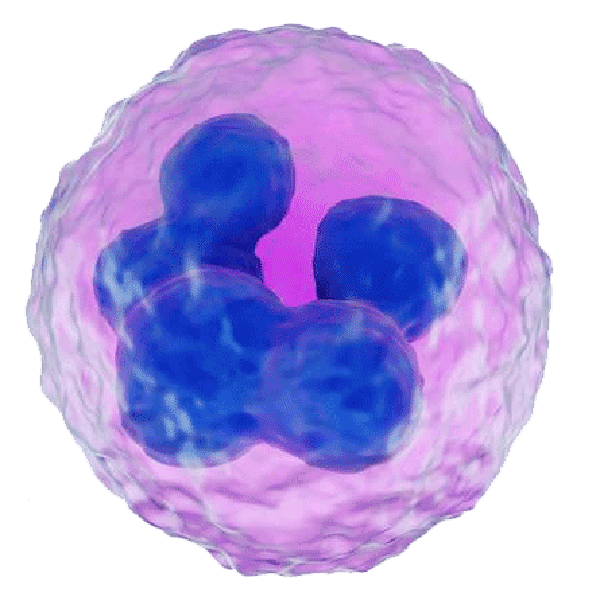Ozonated Sunflower Oil for Endometritis Treatment
The overuse of antibiotics in medicine today – including equine reproduction – has led to searches for alternative novel treatment for endometritis in the equine, as well as in many other facets of the medical field. In human medicine and dentistry, ozone has been shown to be capable of killing Gram-positive and Gram-negative bacteria, including Pseudomonas aeruginosa and Escherichia coli[1]. Oliveria et al. investigated the potential for ozonated sunflower oil as a novel treatment for endometritis, and its ability to impact uterine pathogens.
Twenty mares with known reproductive histories of pathogenic endometritis were divided into two groups of 10 each. All mares were evaluated by ultrasound and uterine cytology and culture pre- and post-treatment. The treated group received a 60 ml infusion of ozonated sunflower oil (Ozone & Life Industria, Comercio e Sistemas Ltd., Sao Paulo, Brazil), while the control group received the same-sized infusion of non-ozonated sunflower oil from the same source. Twenty-four hours after receiving the infusion, the mares were lavaged with Lactated Ringer’s Solution until clear return fluid was obtained.
Subsequent evaluation of the mares showed that in the treated group, eight out of 9 cases of pathogenic endometritis – one caused by a fungal Aspergillus spp. and seven by various bacteria – had resolved. In the untreated (control) group, there was no significant difference seen between pre- and post infusion sampling. Bacteria reported as being identified were Staphylococcus delphini, Staphylococcus intermedius, Staphylococcus aureus, Pseudomonas aeruginosa, Escherichia coli, Enterobacter bugandensis, Staphylococcus chromogenes, Klebsiella pneumoniae and Staphylococcus sciuri. Preliminary results presented in this research suggest that uterine infusion of ozonated sunflower oil followed 24 hours later by uterine lavage has the potential to be a suitable novel treatment for endometritis in the equine.
Our commentary: The developing of non-antibiotic treatments for endometritis in the equine – which is a leading cause of failure to establish and maintain pregnancy in the mare – is vitally important. The overuse and non-targeted use of antibiotics is well-documented globally, and is observed by many in the world of equine reproduction. While some of the bacteria identified in this research are not typically considered to be normal equine uterine pathogens, it is of note that several are well-known for endometritis causation, and indeed some so identified have a history of being potentially difficult to clear from the equine uterine environment. It is also of interest that several of the identified bacteria are known to be potent biofilm producers, which normally requires reduction prior antibiotic therapy being capable of clearing the bacteria, and yet successful clearance appears to have been achieved even though a “classical” biofilm reducer pre-treatment was not used in this research. While clinical use of this protocol will undoubtedly produce more data, this research appears to present a useful and simple novel treatment for endometritis.
(Oliveira NF, Ferreira CS, Silva LF, Santos IP, Jacob JC, Penna BA, Pinna AE. 2023. Use of ozonated sunflower oil in the treatment of infectious endometritis in mares. JEVS 125:104735)
References:
1: Nogales CG, Ferrari PH, Kantorovich EO, Lage-Marques JL. 2008. Ozone therapy in medicine and dentistry. J Contemp Dent Pract. 9:75–84.




